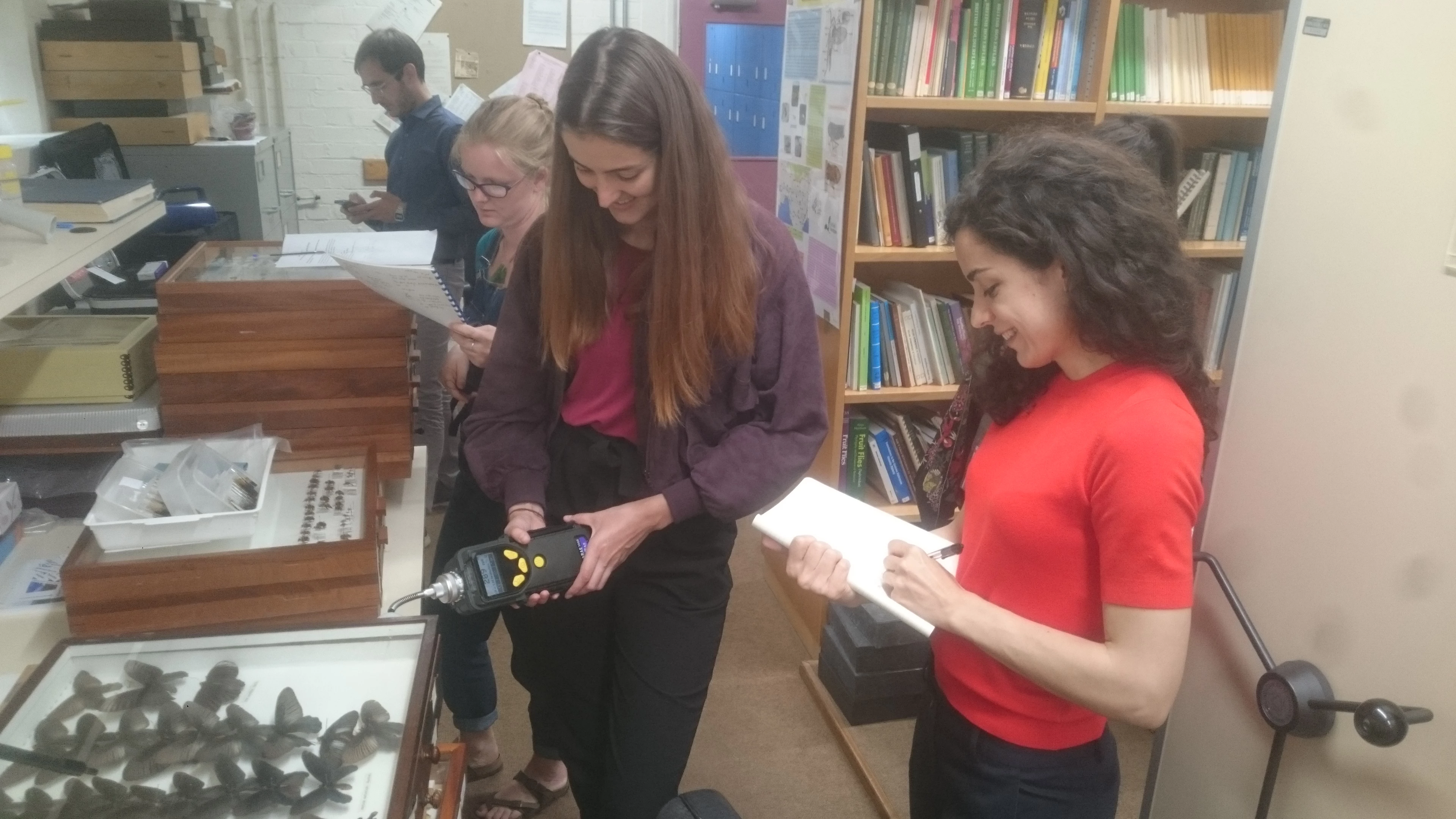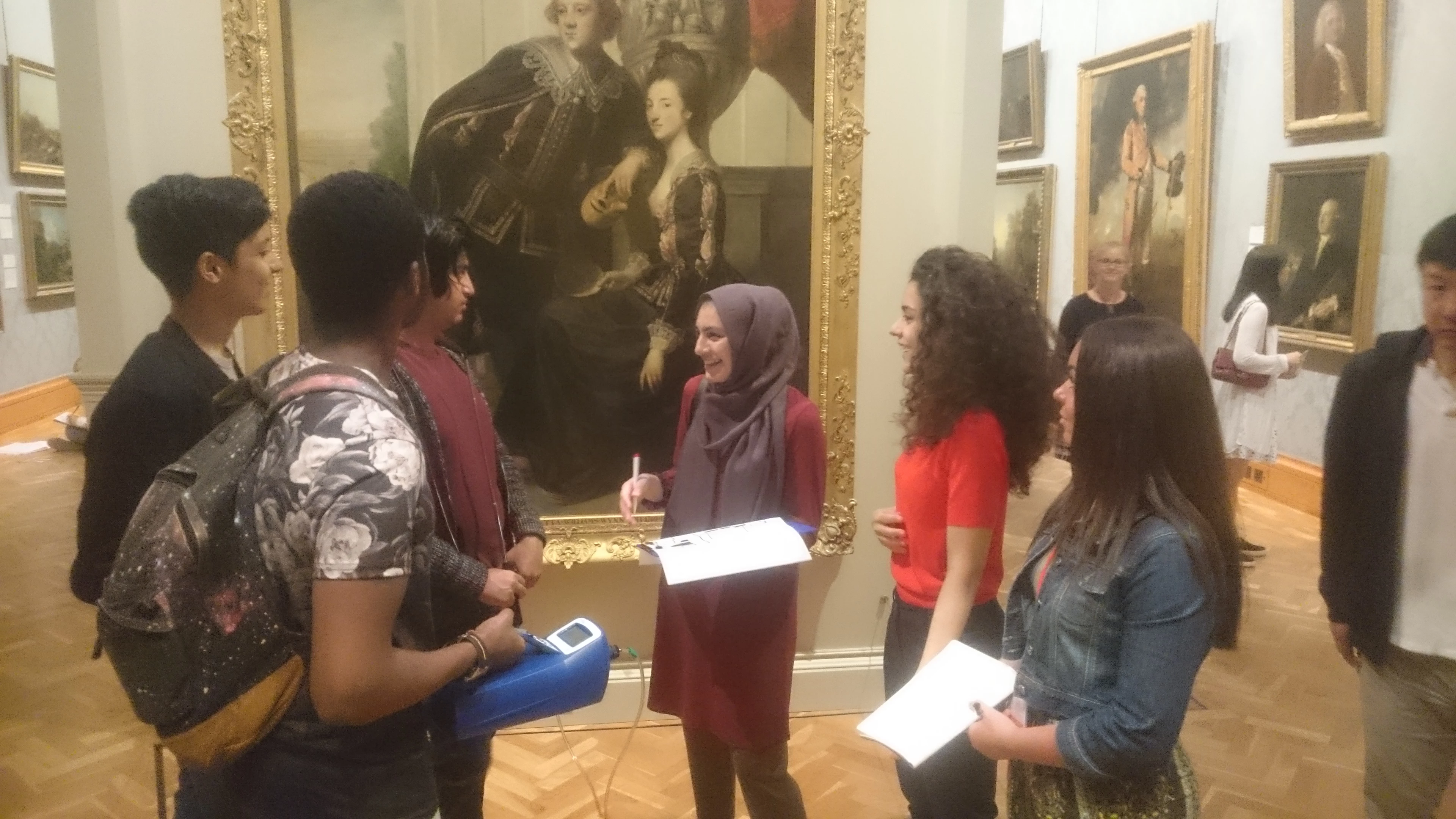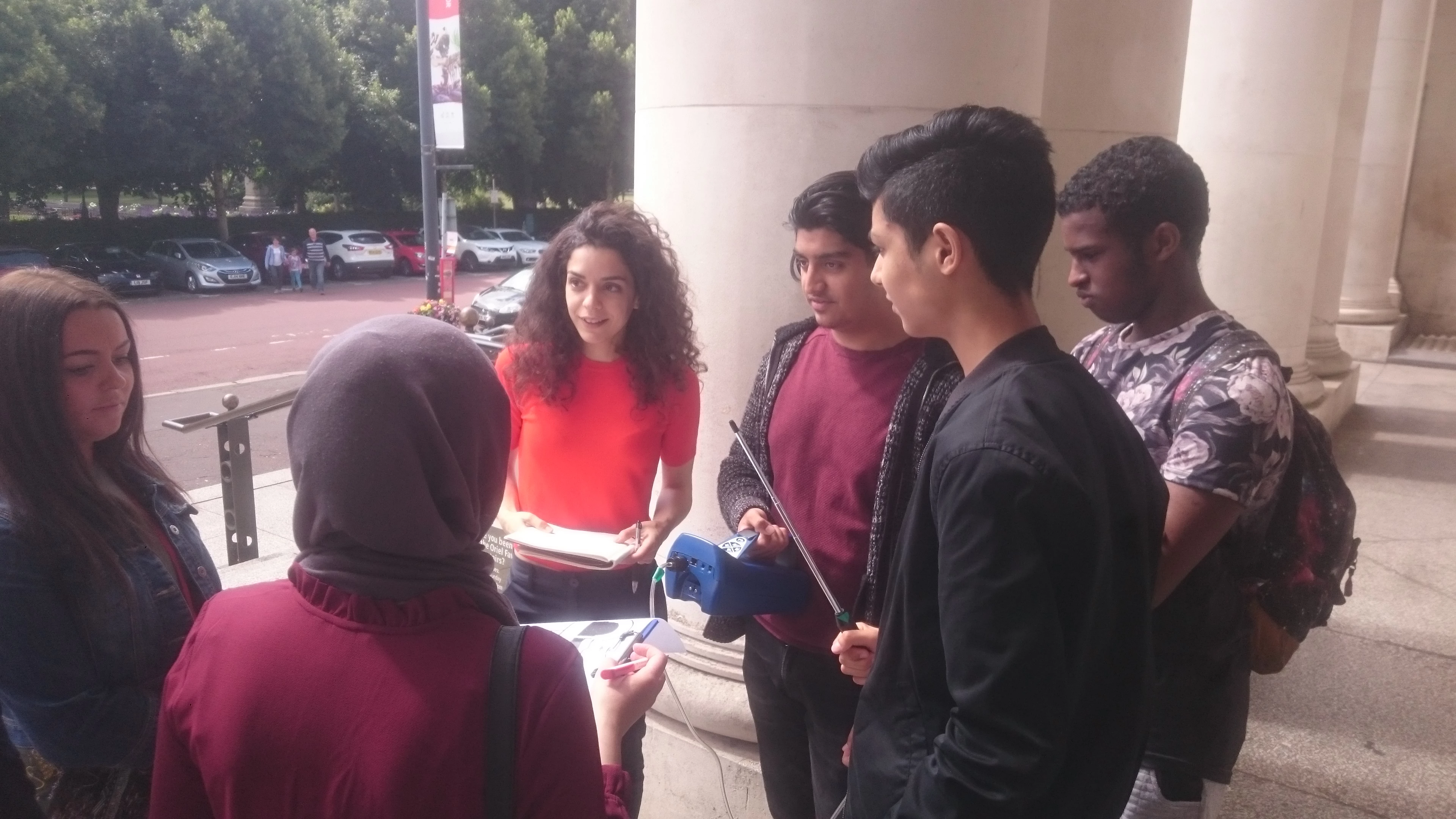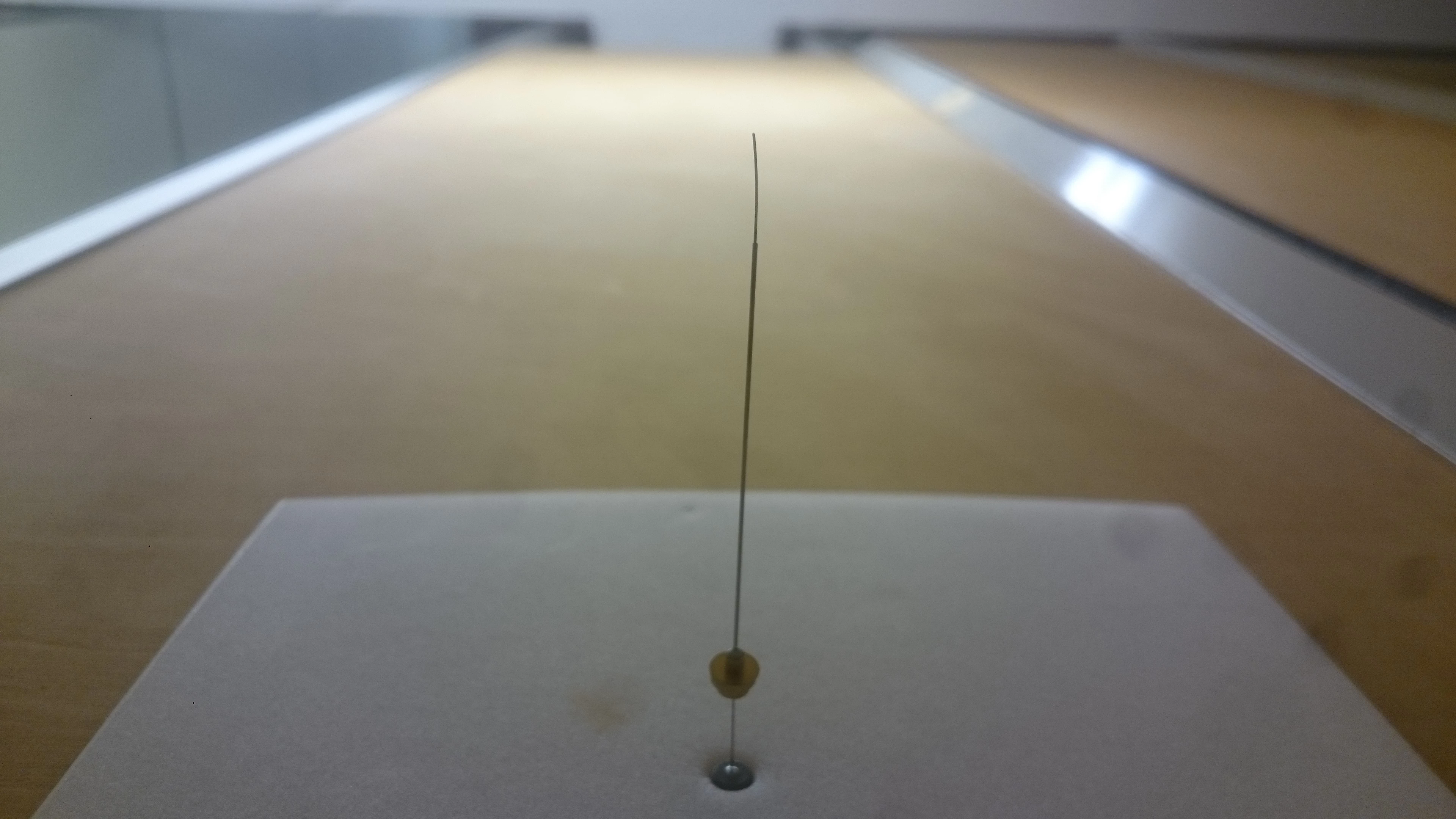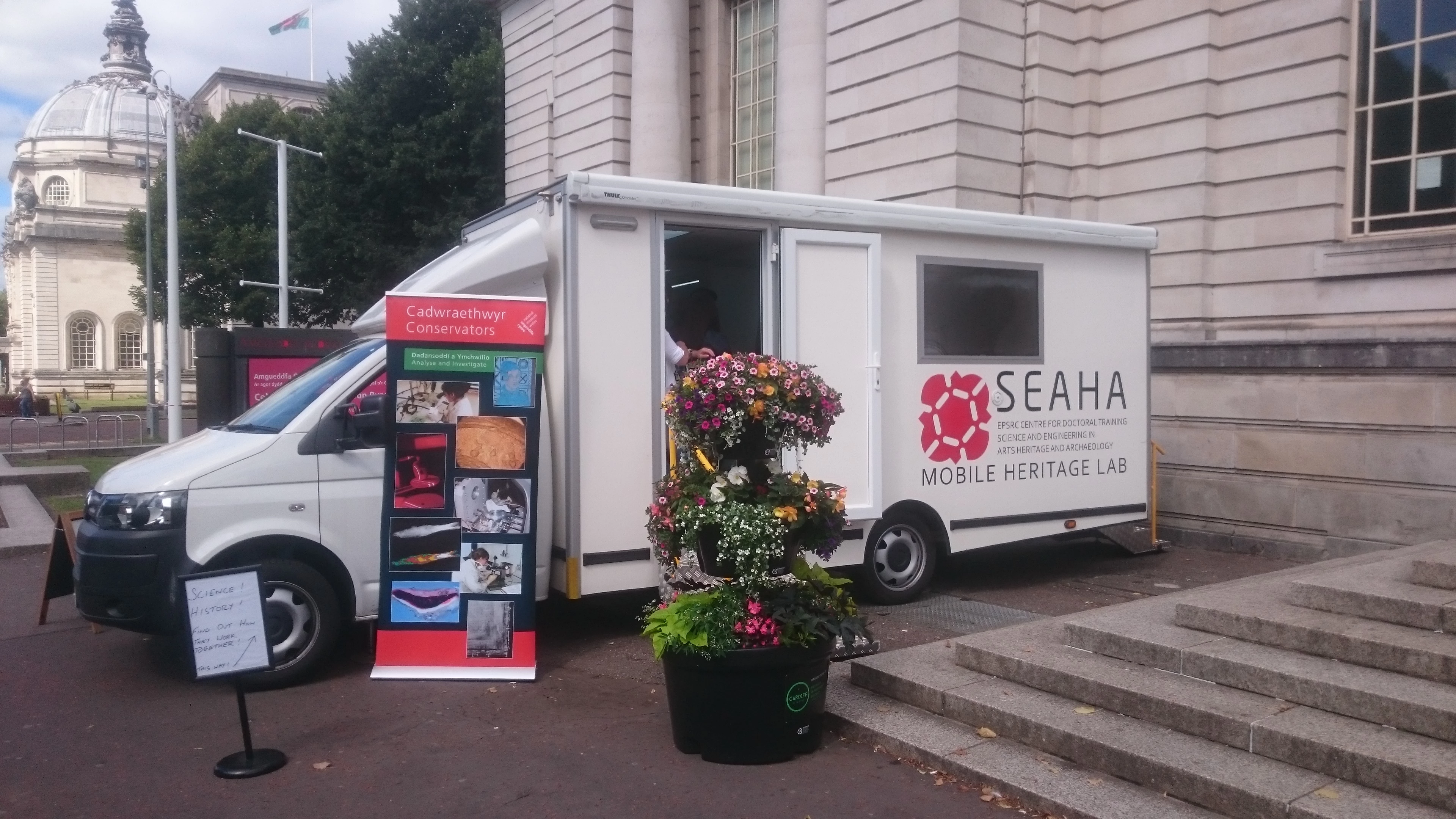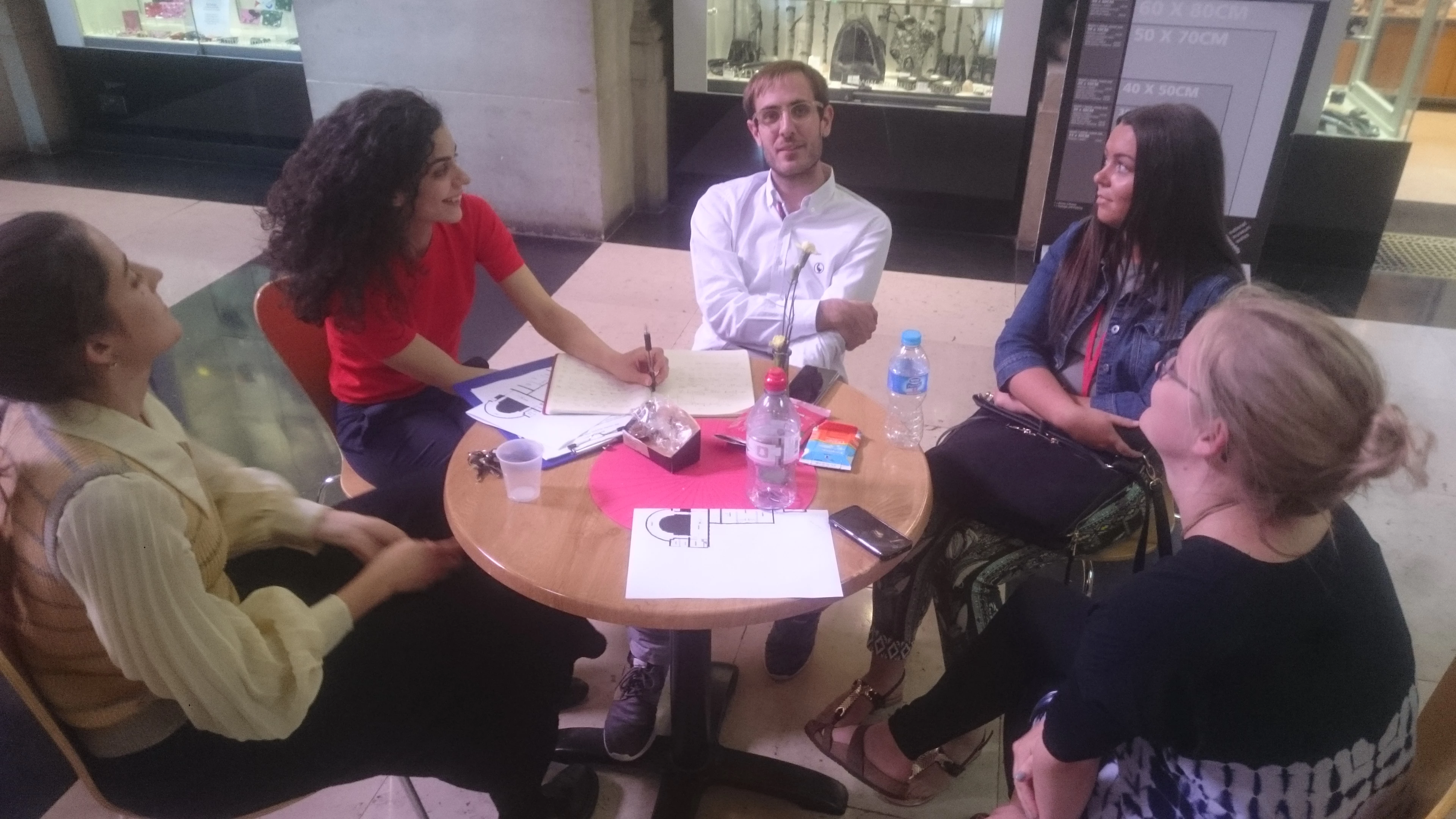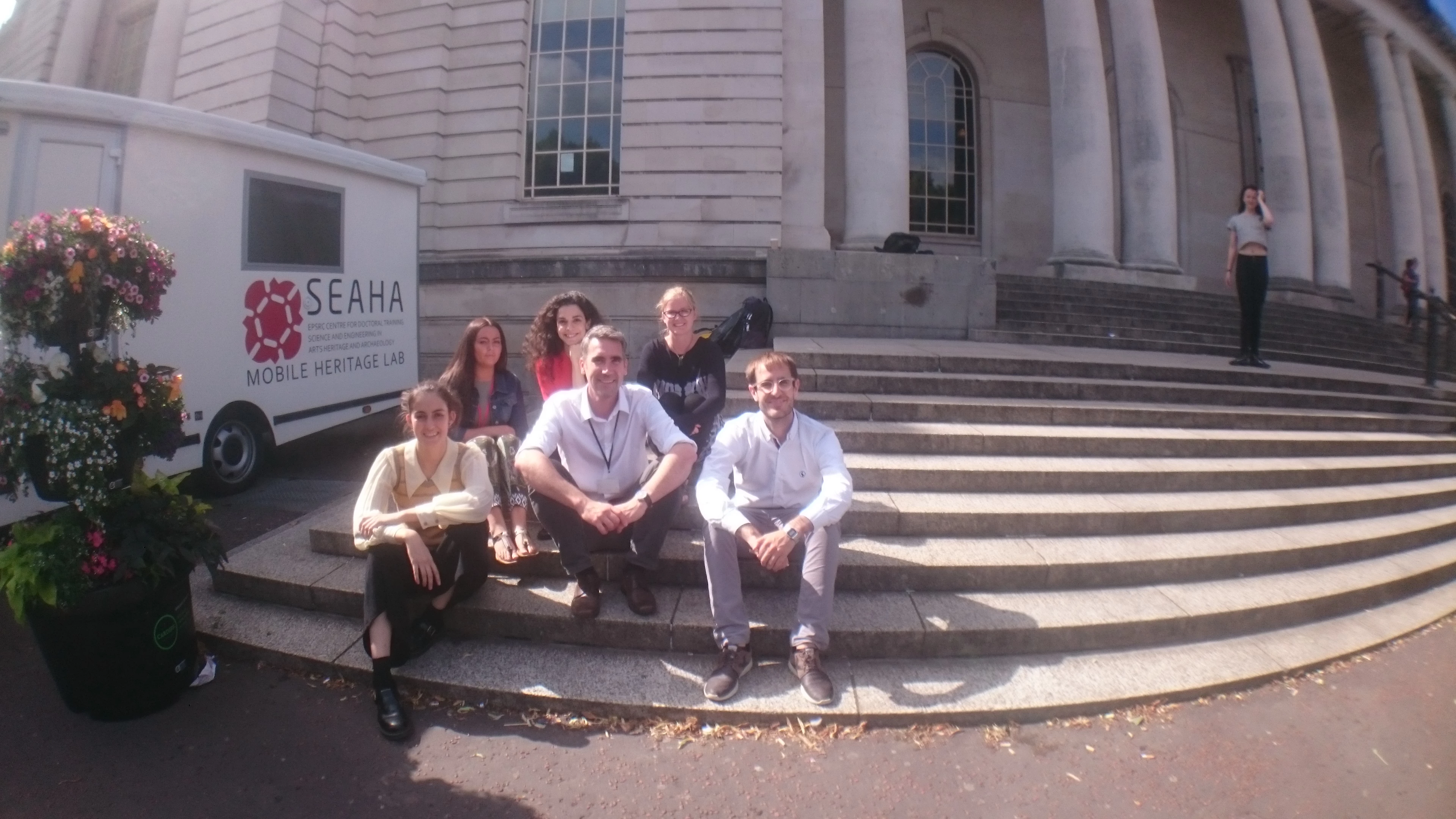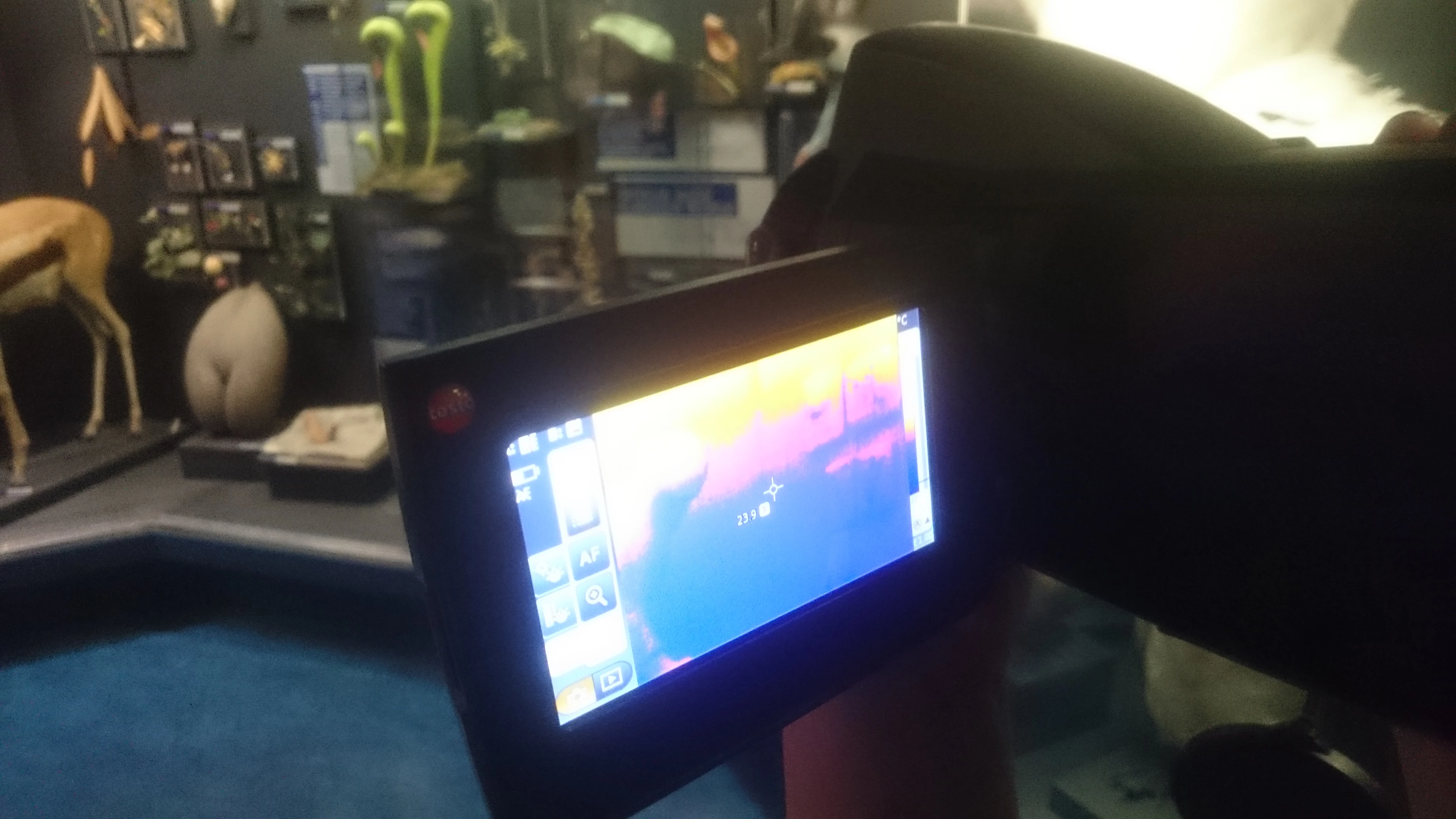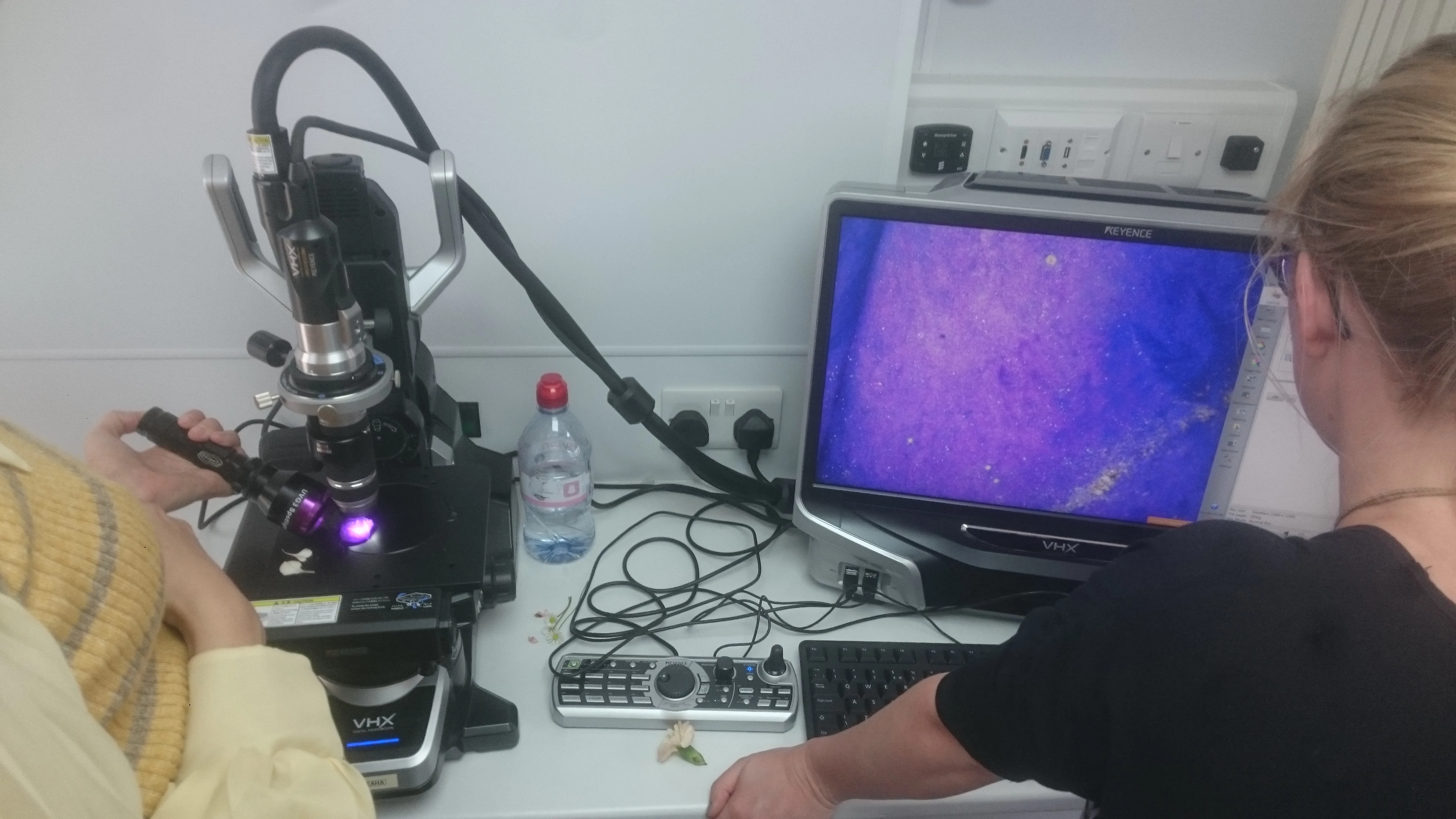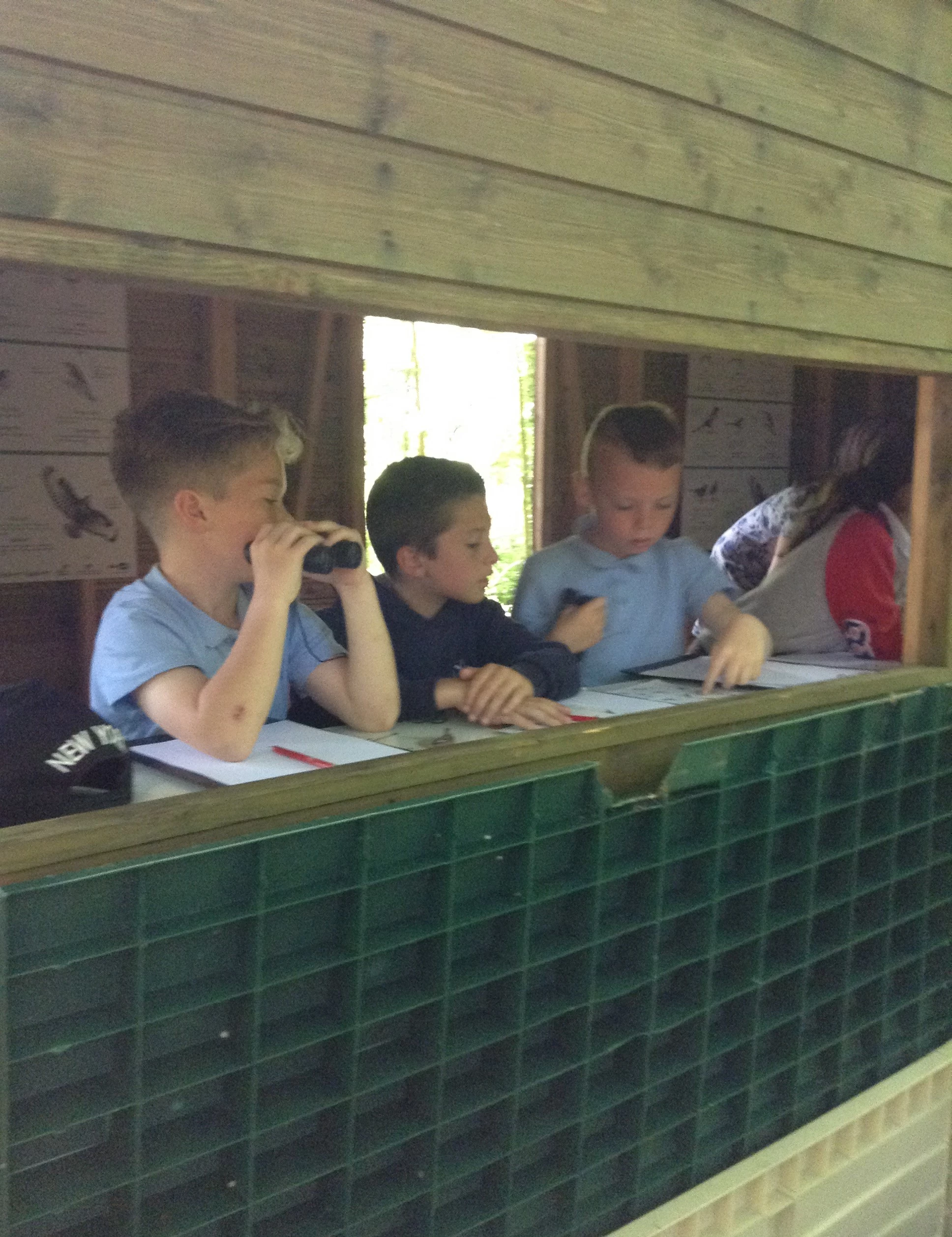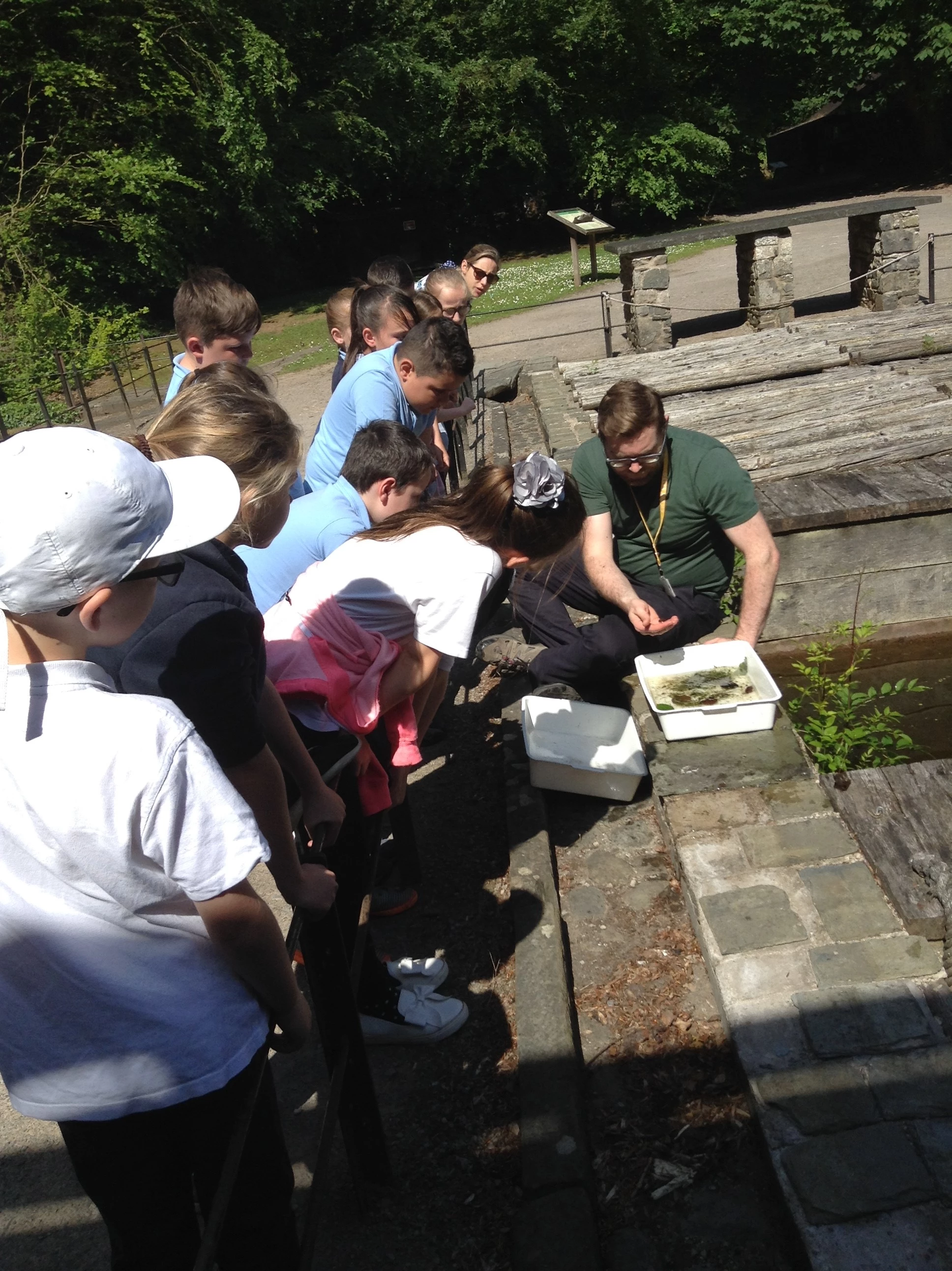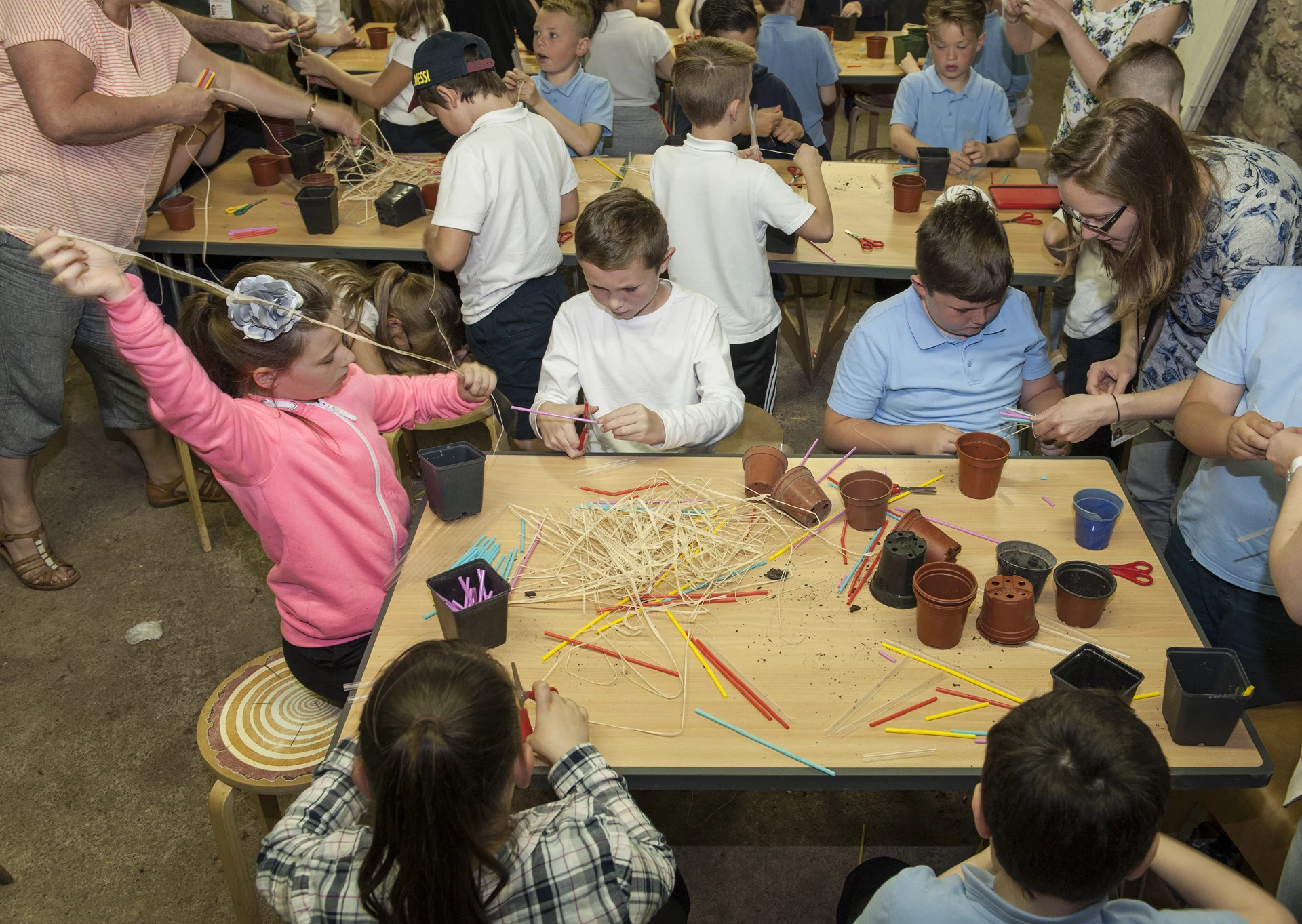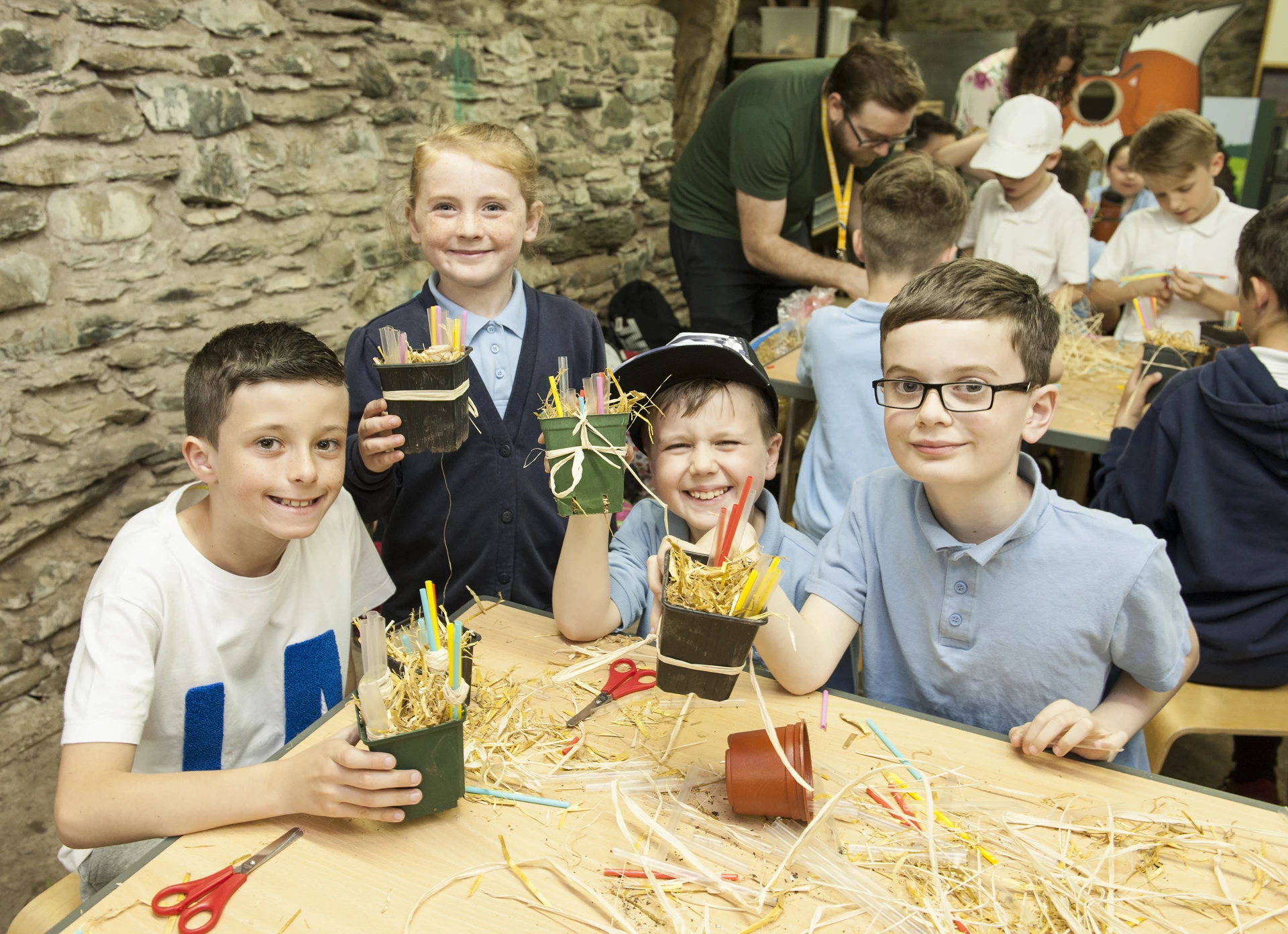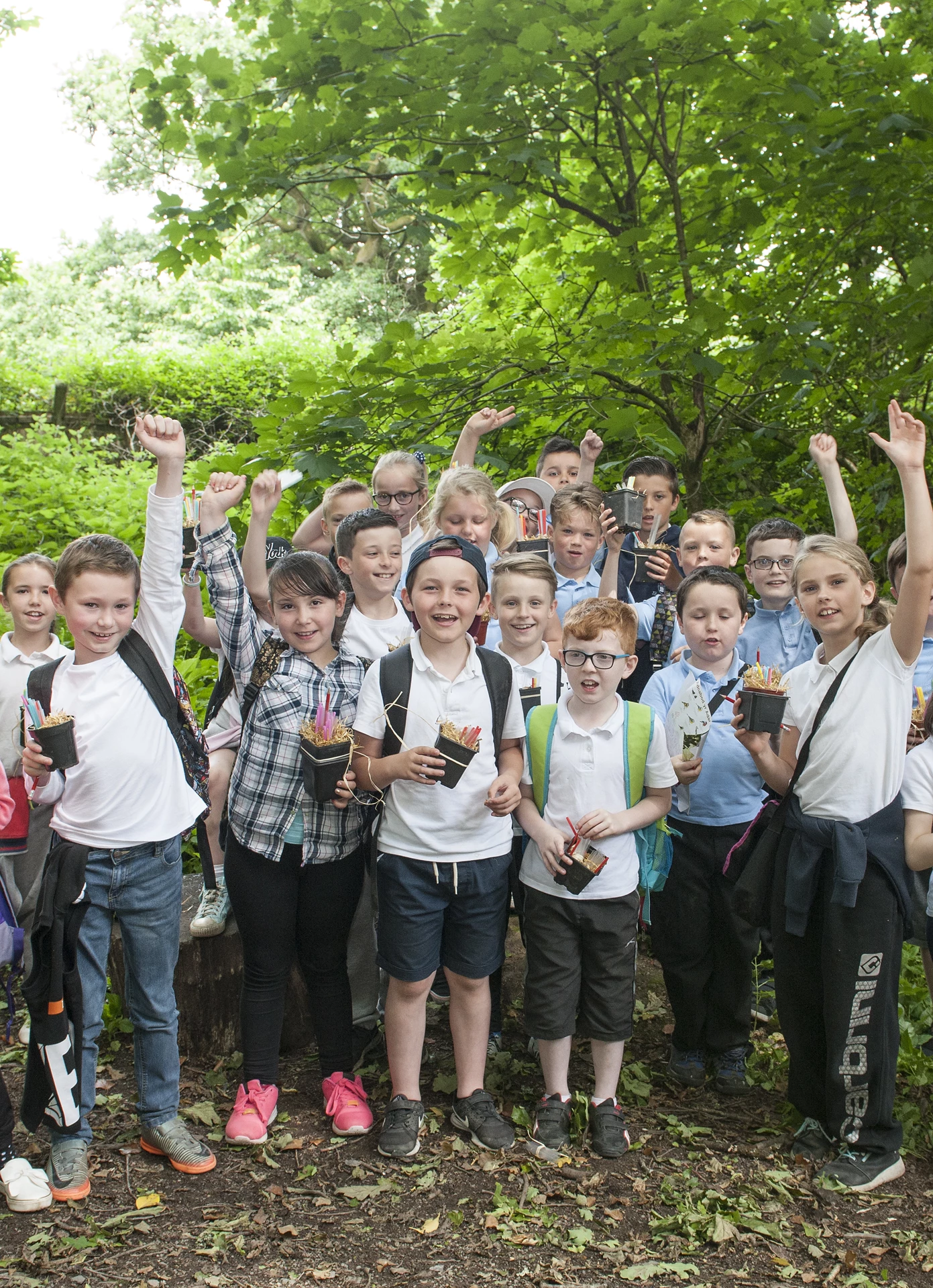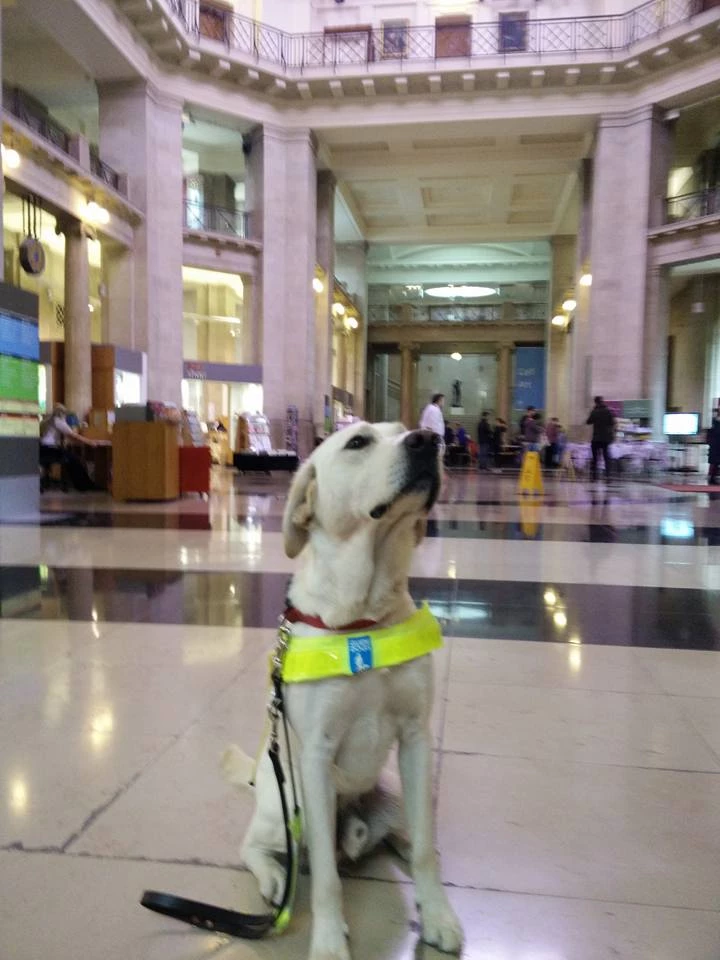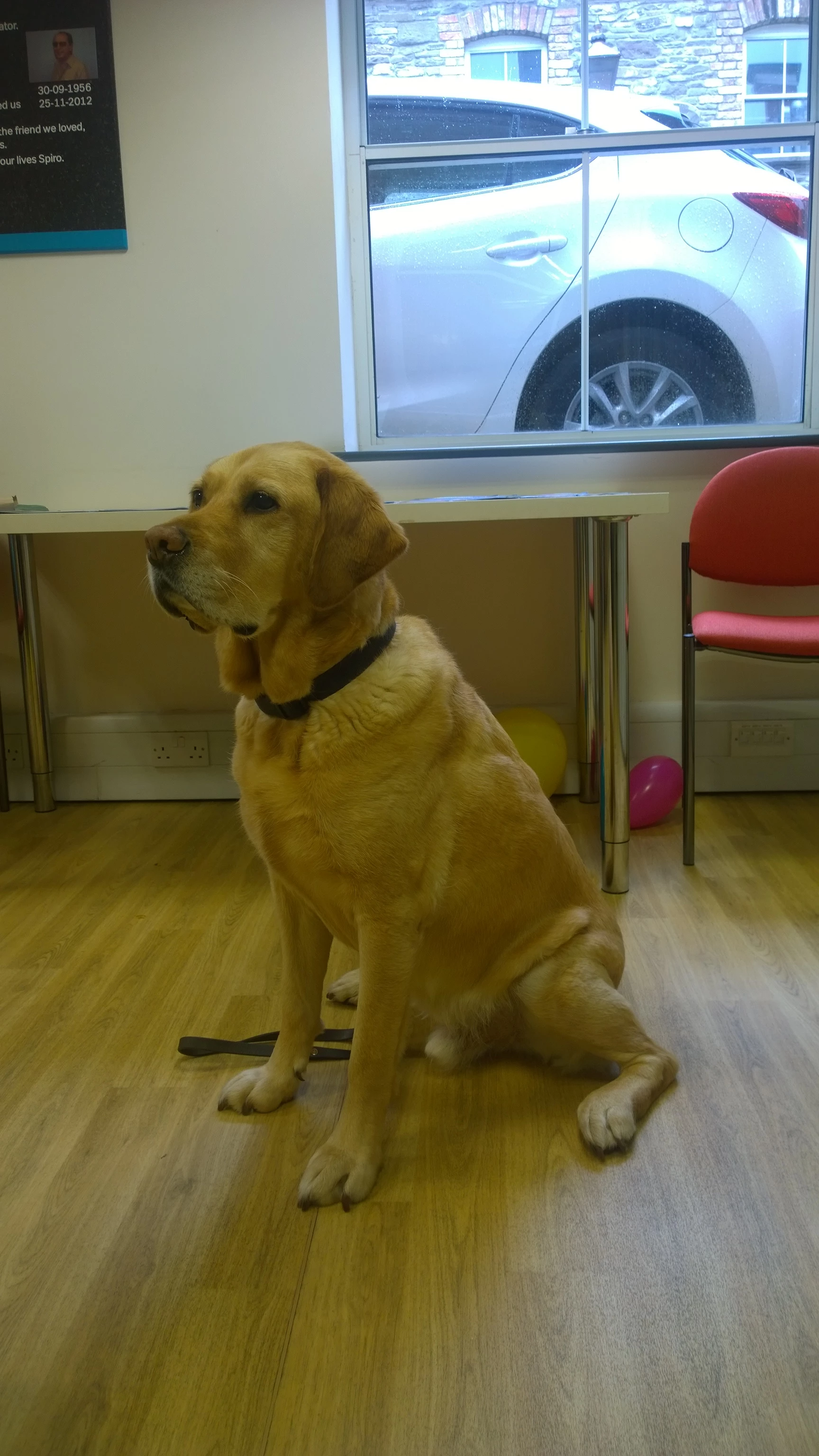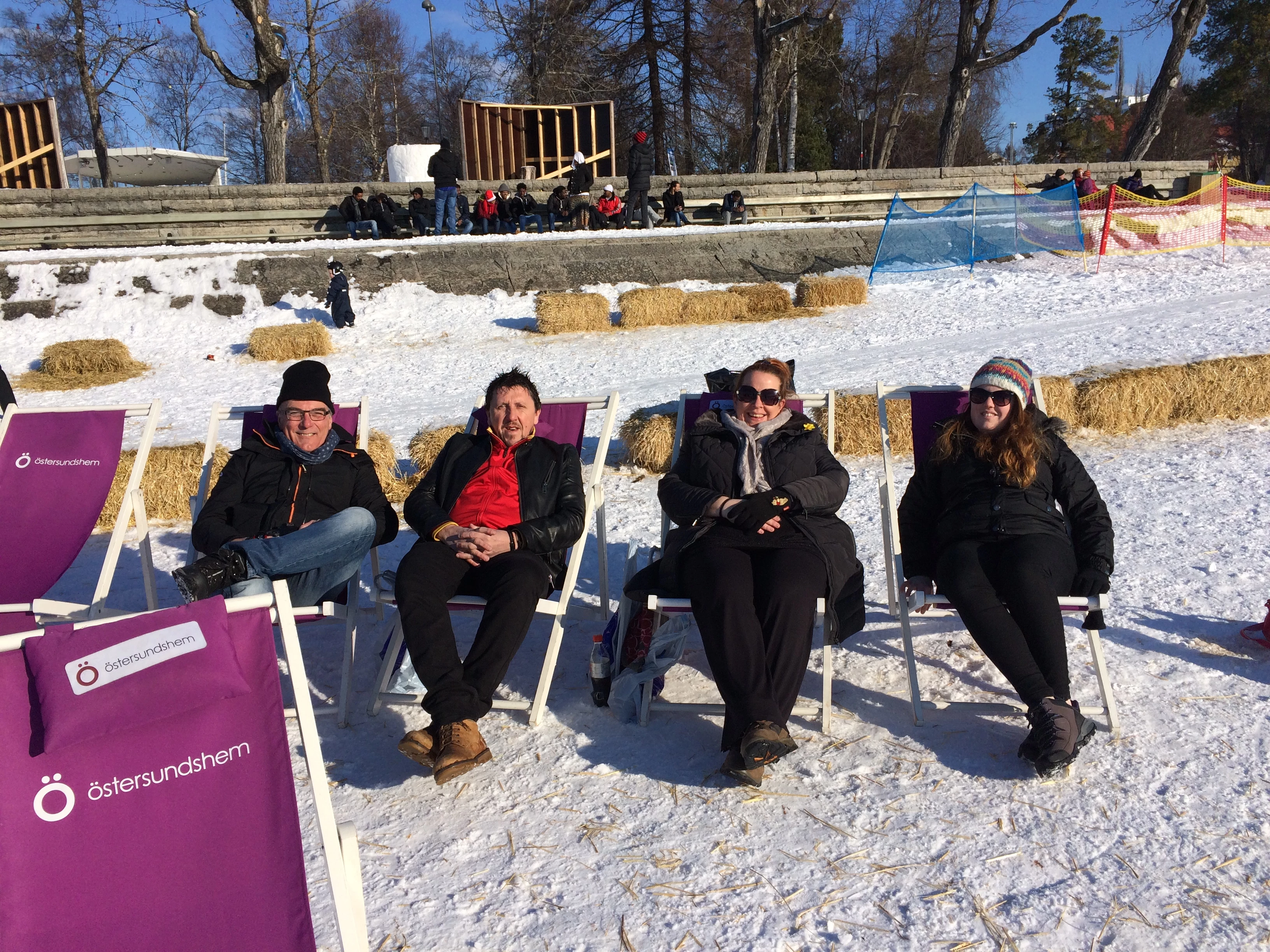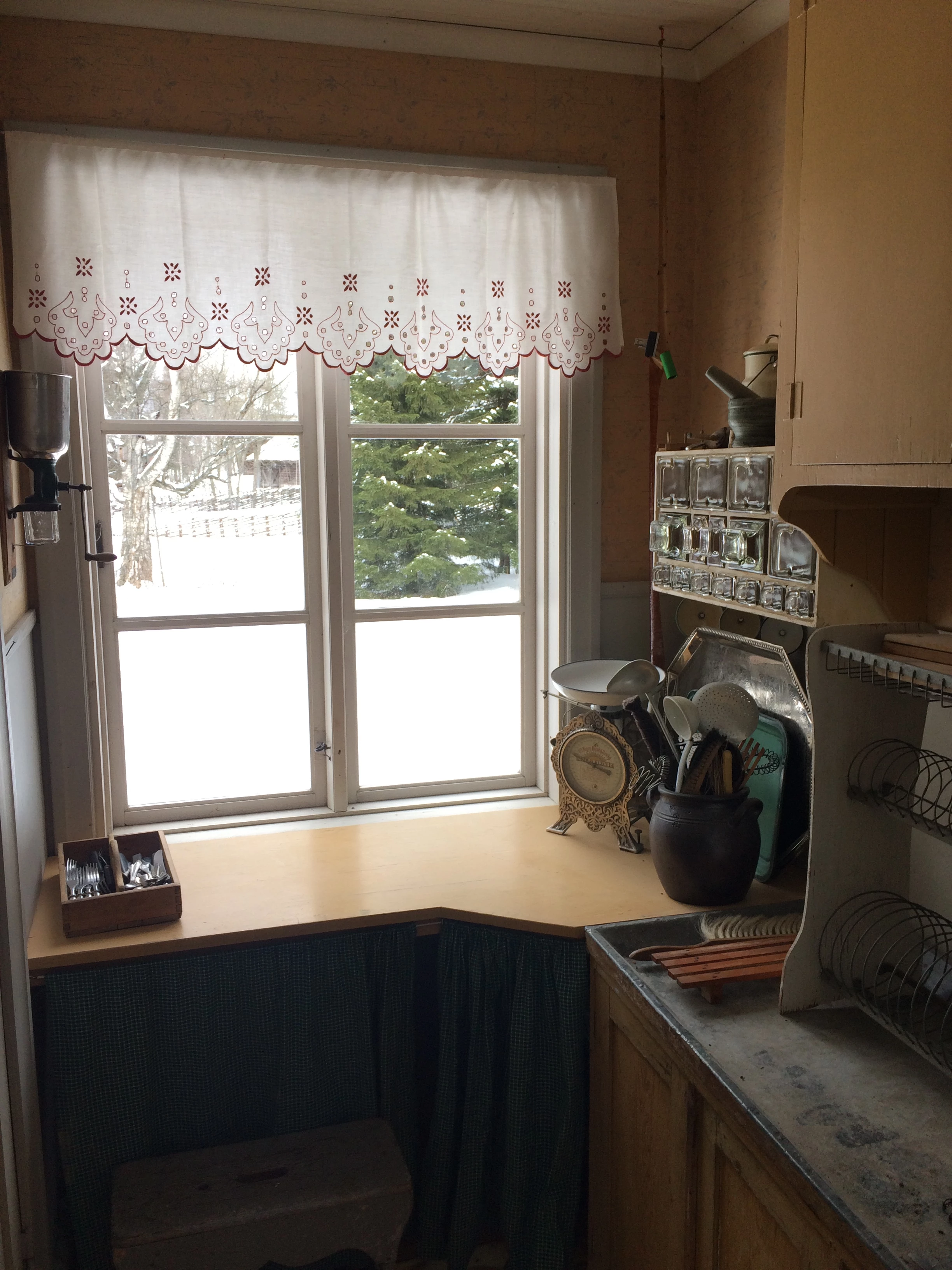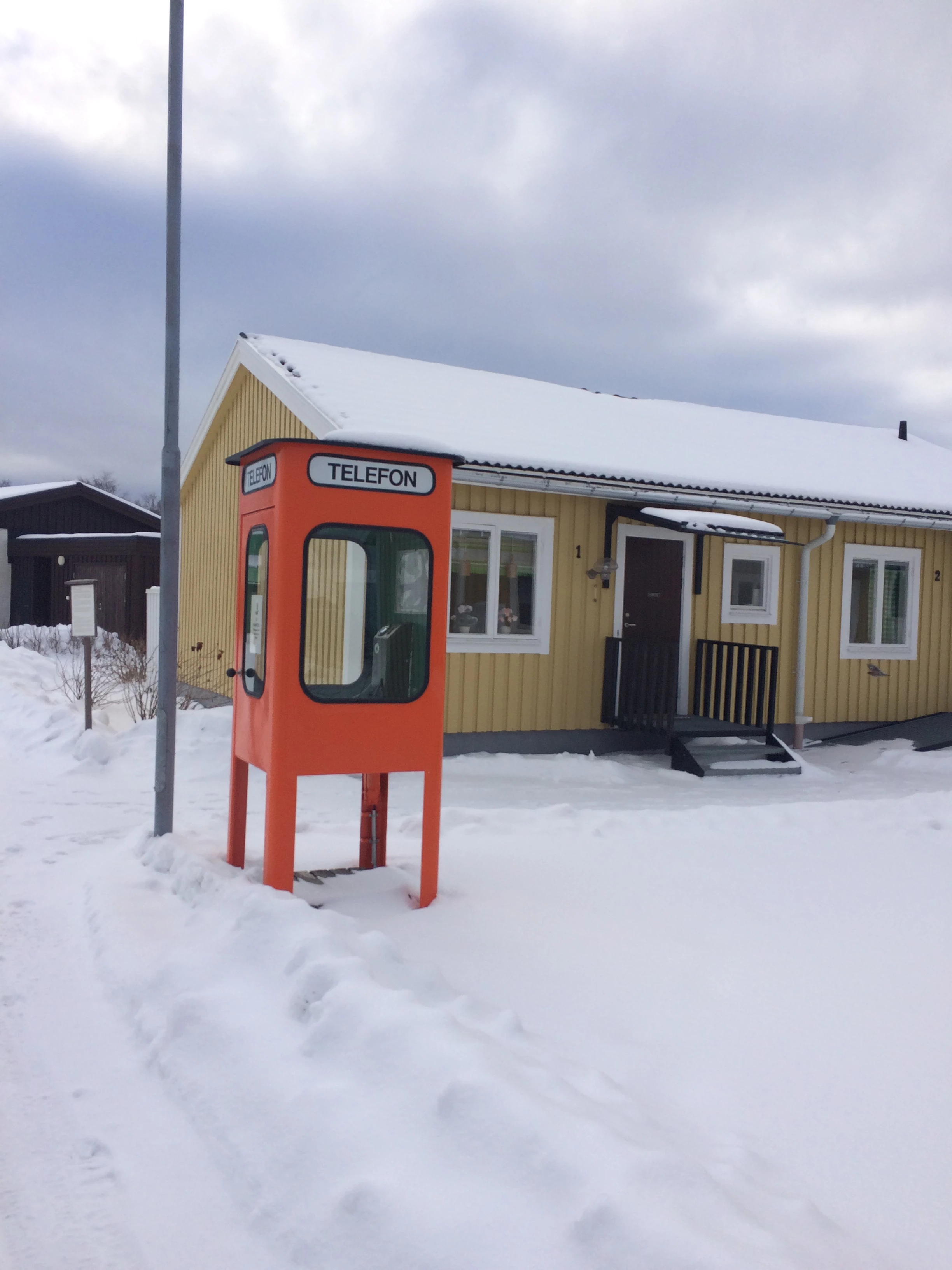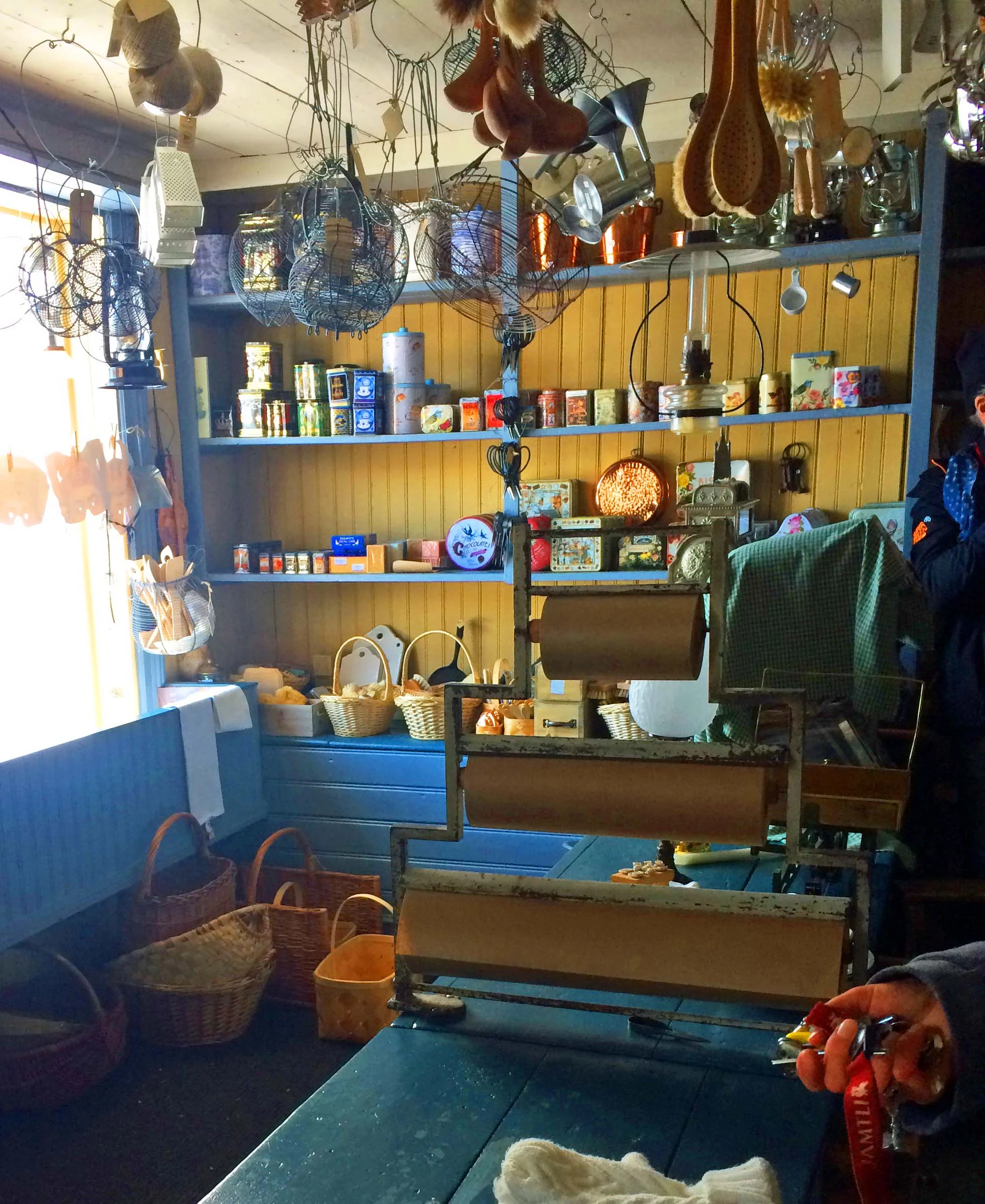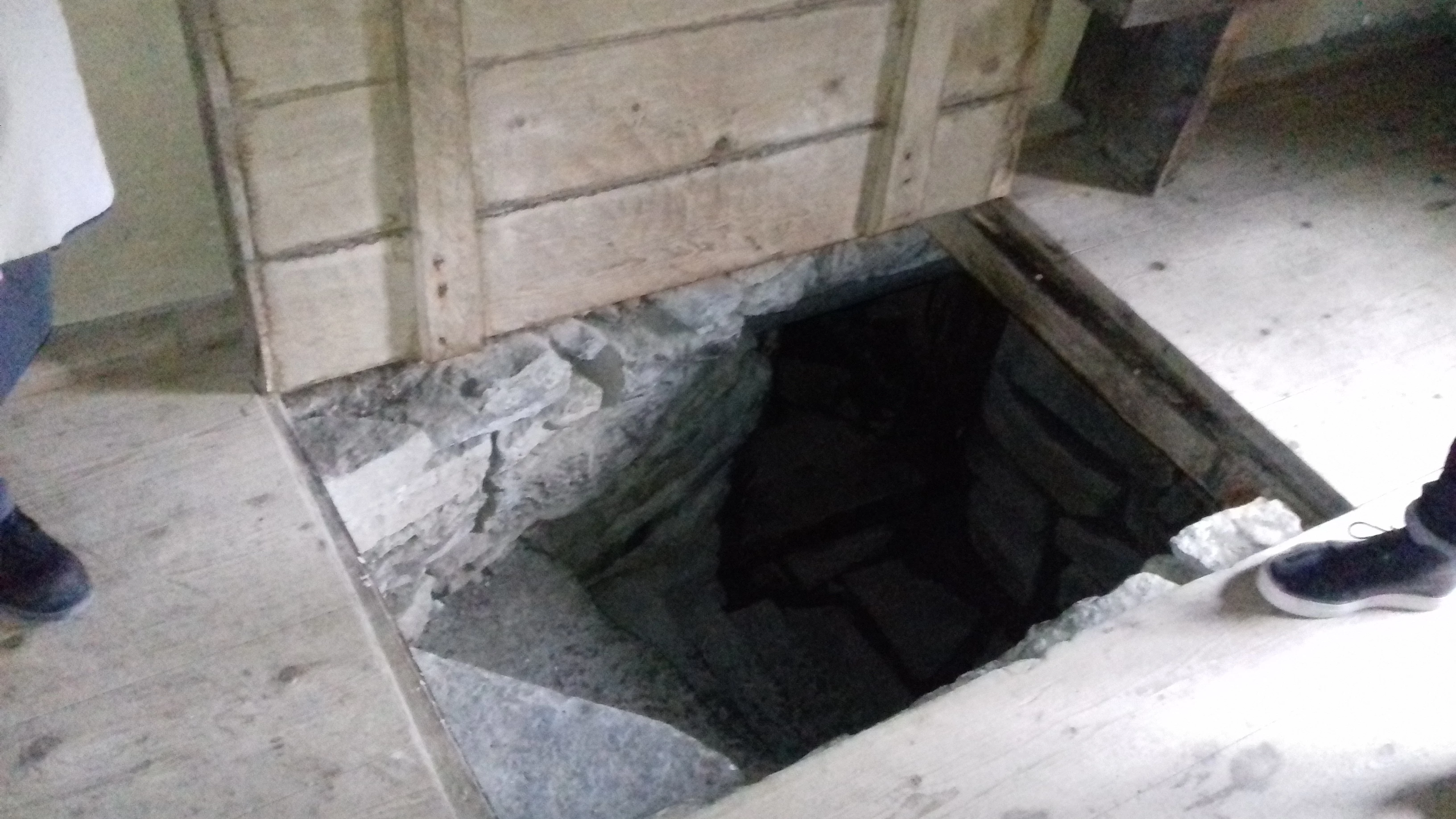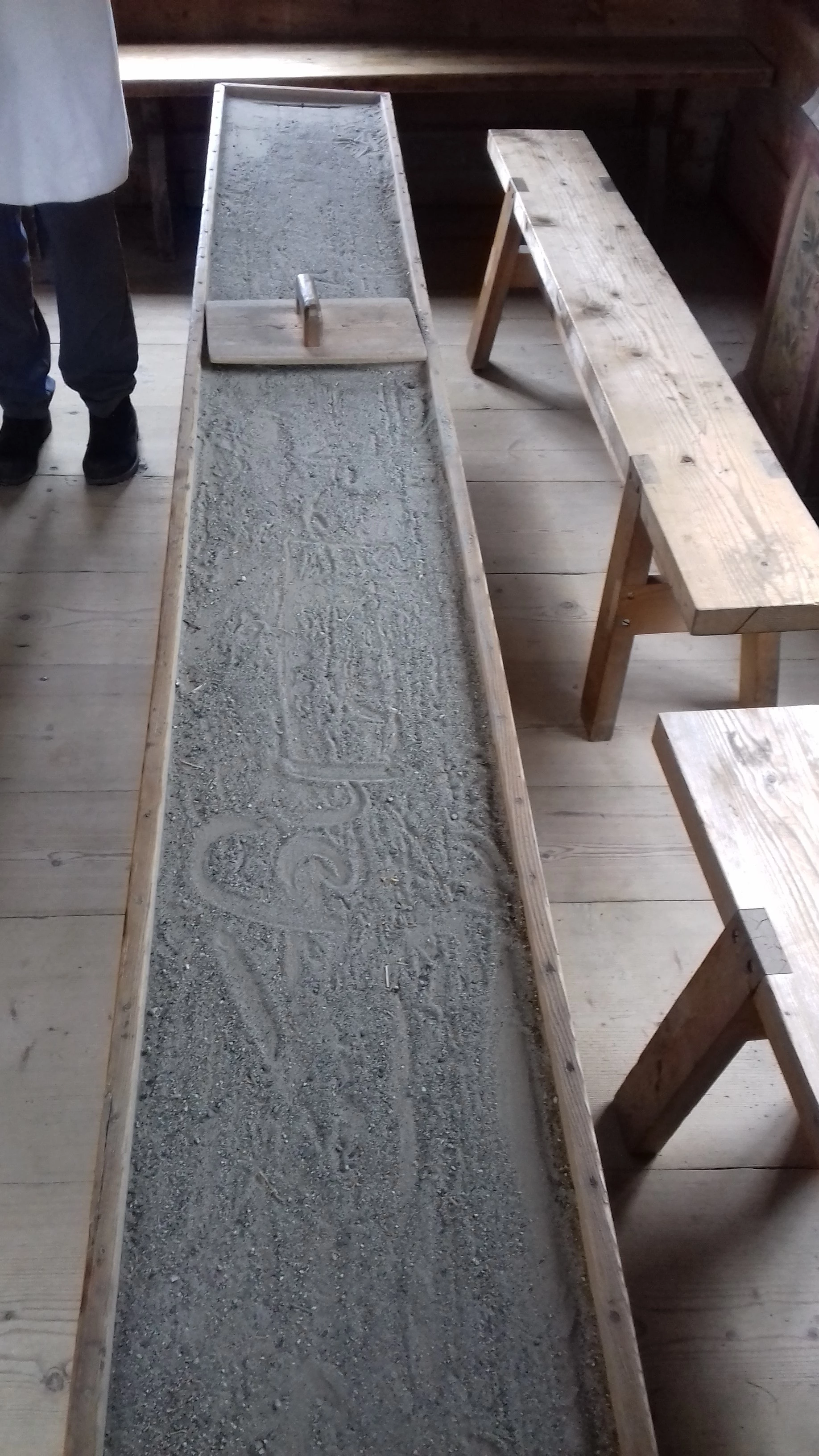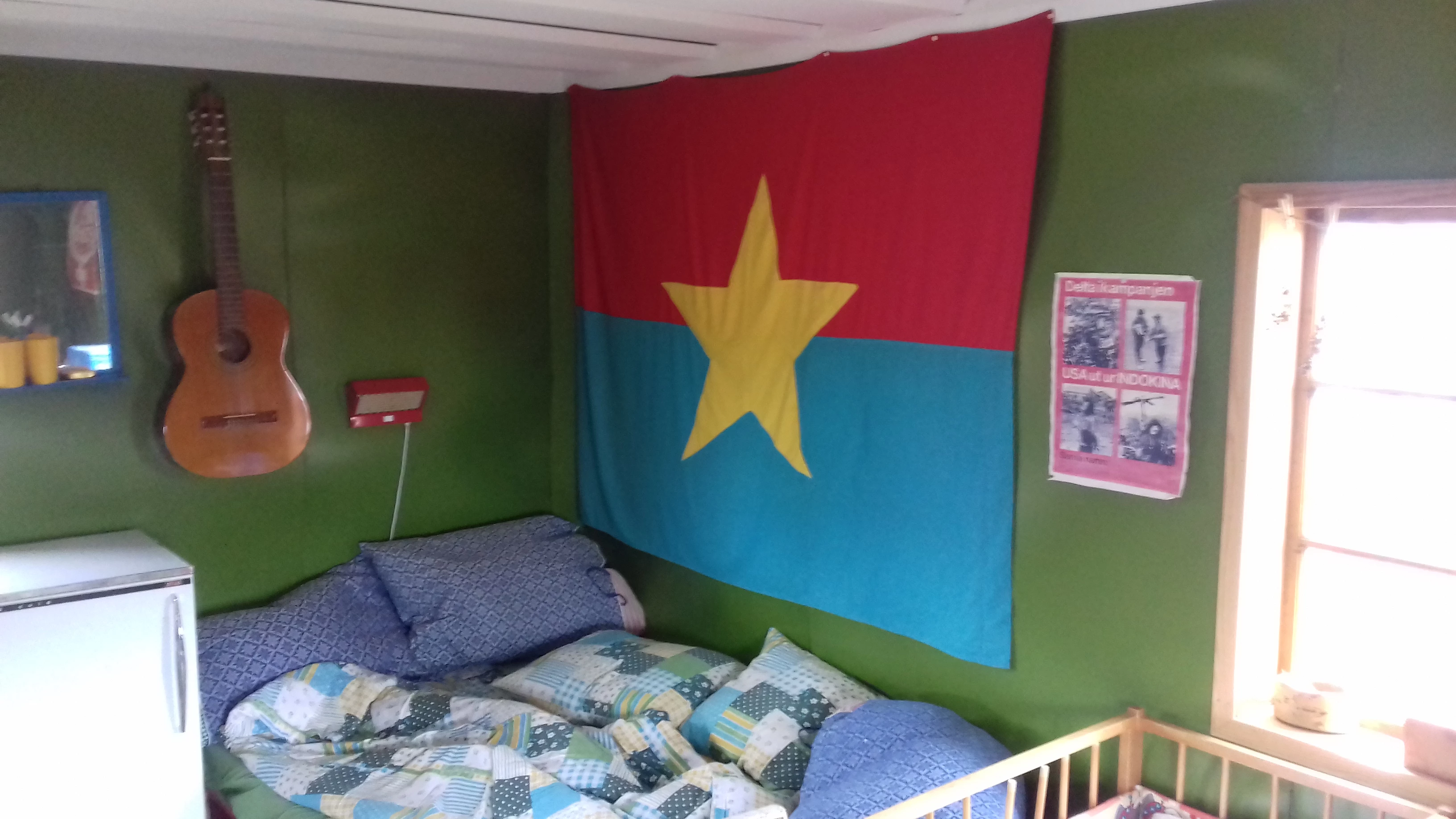A Mobile Laboratory visits the Museum
, 20 Gorffennaf 2017
There are times in life when a problem and its solution come together seamlessly.
The problem – one which every museum faces: cryptic causes of deterioration of stored objects.
The solution: investigation using the latest chemical analyses.
One step better: to combine this analysis with the mission of museums – inspiring people – and undertake the investigative work with full public engagement.
Like most museums, National Museum Cardiff has the task of slowing down corrosion to preserve collections. Think of your family silver tarnishing and you know what I am talking about. Multiply this by hundreds of thousands of metal objects in our collection and you understand the herculean task we face when we come to work every day.
Like most museums, we do not have much equipment to undertake complex chemical analyses. So when we want to investigate the magnitude of potential sources of corrosive airborne substances in our collection stores, we often work in partnership with academic institutions.
SEAHA is an initiative between three universities with industry and heritage partners to improve our understanding of heritage science. Heritage science is multi disciplinary and includes experts with chemistry, imaging, IT, engineering, architecture and other backgrounds. One of SEAHA’s amazing facilities is a fully equipped mobile laboratory. We submitted an application last year for the mobile lab to come to Cardiff which, amazingly (there is much demand for this vehicle), was approved. Last week, staff and postgraduate students from University College London, one of SEAHA’s academic partners, visited National Museum Cardiff.
The Mobile Heritage Lab was at the museum for two days. During this time, we assessed environments and pollutants in collection stores and in public galleries. We undertook this work with full involvement of our museum visitors. The mobile lab was parked next to the museum entrance where we encouraged our visitors to explore the on-board analytical equipment. UCL staff and students were at hand to explain how science helps us preserve heritage collections, for example how UV fluorescence is used to explore paintings.
We received a visit by A-level students from Fitzalan High School in Cardiff in the morning. The students were especially interested in chemistry. After a quick introduction, we gave the students an ultra-fine particle counter to produce a pollutant map of the public galleries at the museum. The students used this equipment to measure ultra-fine dust inside and outside the museum. We are still analysing these data, but the early results indicate that the museum’s air filtration system is doing a good job at keeping dust out of the building. This is important because the gases associated with ultra-fine particles (for example, SO2) can damage paper and other organic materials.
We also measured concentrations of volatile organic compounds (VOC) in collection stores and found that levels were higher inside drawers in the Entomology collection than in the store itself; this is important in the context of entomological pin corrosion. We managed to confirm that work we undertook recently to reduce the levels of VOC in the museum’s Mineralogy store had been effective and successful. In addition, we used a thermal imaging camera to check whether relatively high temperatures in a display case are caused by heating pipes in the wall behind the case, or by in-case lighting.
The Mobile Heritage Lab’s visit provided us with an opportunity to answer some important questions about the way we care for the museum’s collections. At the same time, we managed to teach students the practical applications of investigative science and analytical chemistry. Lastly, we spoke to many museum visitors about the role played by science in the preservation of heritage collections. We are extremely grateful for the fruitful partnership with SEAHA and hope to collaborate on additional projects in the near future. For example, there are some interesting questions surrounding the deposition of different types of dust which we discussed over a beer on Thursday evening. Watch this space as multi-disciplinary heritage science is becoming ever more important for answering questions of collection care and preservation. Museums are best placed to working in partnerships on important scientific questions while achieving public impact by explaining to a wider audience how science works.
Find out more about Care of Collections at Amgueddfa Cymru - National Museum Wales here and follow us on Twitter.
